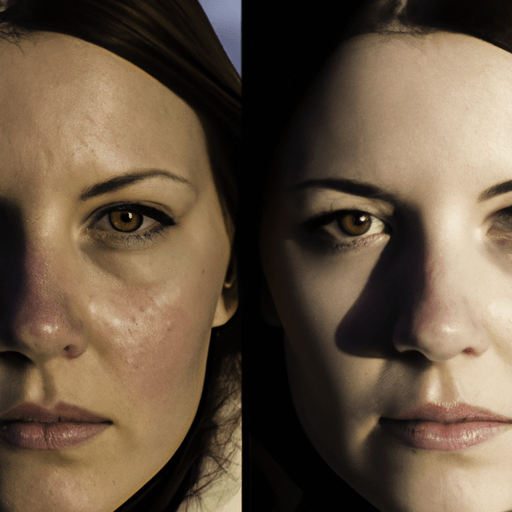The Impact of Changing Seasons on Skin Health
The fluctuating weather conditions from one season to another have a significant impact on our skin health. It is crucial to acknowledge these changes and explore the implications they carry for our skin care routines. This article aims to highlight the unique challenges each season brings to skin care and to offer expert advice on how to maintain skin health throughout the year.
Seasonal Challenges
Winter
Dry weather conditions typical of winter result in a lack of humidity, which can dehydrate our skin. This can lead to flaky, itchy, and tight-feeling skin. Cold winds can also exacerbate these issues, causing redness and sensitivity.
Summer
Summer, on the other hand, exposes our skin to its own set of challenges. Prolonged sun exposure can cause sun damage, which accelerates skin aging and increases the risk of skin cancer. Sweat and increased sebum production can also lead to clogged pores and breakouts.
Climate and Skin Conditions
Varying climates can indeed affect certain skin conditions. Eczema, for instance, can worsen in dry, winter conditions and might improve slightly in humid climates. Acne, conversely, may become more severe in hot and humid summer climates due to increased oil production.
Tips for Combatting Seasonal Skin Issues
Regardless of the season, it's essential to keep the skin clean and moisturized. In winter, use a gentle, creamy cleanser and a heavy-duty moisturizer to combat dryness. In the summer months, switch to a foaming cleanser and a lightweight, oil-free moisturizer.
When going outdoors, always apply a broad-spectrum sunscreen to protect your skin from harmful UV rays, regardless of the season.
Lastly, consuming a balanced diet rich in fruits, vegetables, and plenty of water can help maintain healthy, glowing skin from the inside out, regardless of any external weather changes.
Skin Care Products and Practices
There are countless skin care products designed to address seasonal skin issues. The key is to choose products that suit your skin type and the season. Opt for hydrating creams in winter and oil-free moisturizers in the summer. Make sure you cleanse, tone, and moisturize daily, and exfoliate weekly to get rid of dead skin cells.
Sunscreen should be a staple in your skin care routine, providing defense against harmful UV rays. Remember to choose a sunscreen with an SPF of at least 30 and to reapply it every 2 hours while outside.
The Importance of Seasonal Skin Care
Understanding the influence of seasonal changes on skin health and adjusting our skin care routines accordingly is essential for maintaining healthy, glowing skin. It contributes not only to our skin's appearance but also to our overall well-being. It's an ongoing process that requires attention and care. So make sure to keep your skin care practices updated and consistent throughout the year.















Comments
Leave a Comment